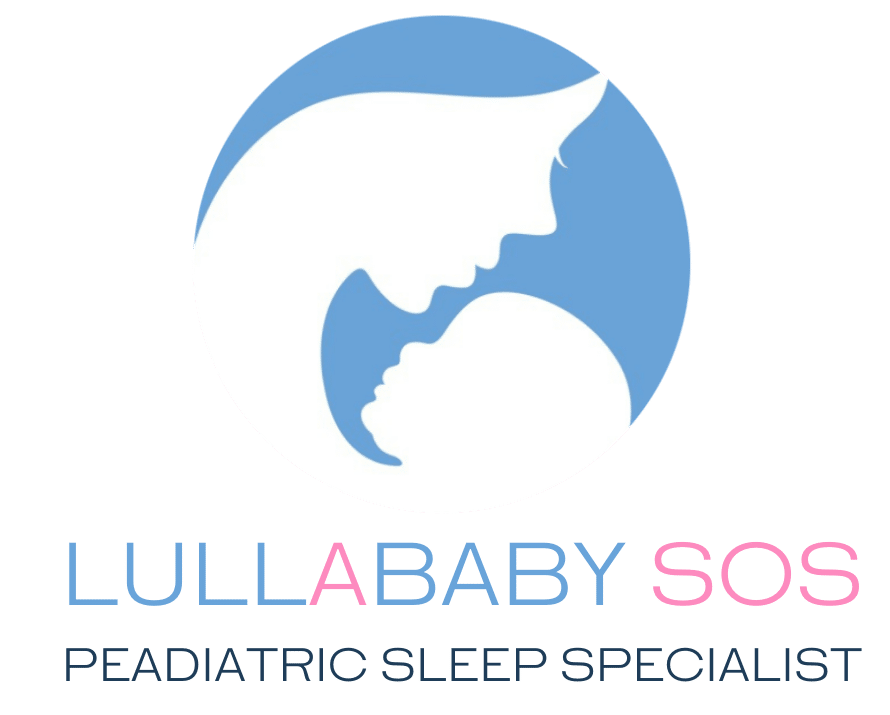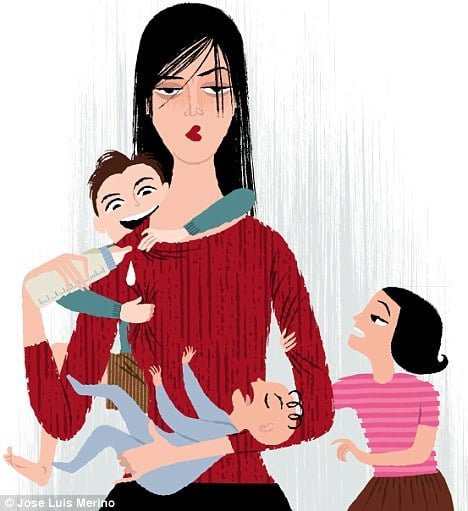Lately, I’ve been getting so frustrated by the amount of post I’m seeing on Social about how selfish it is for parents to want more sleep when their baby just wants to be held and fed all night. I’m seeing so many posts normalising excessive and prolonged night wakings and that you the mother should just suck it up and expect no less than to be available all day and night for your little one, sacrificing all else to the need of your child. These posts are basically implying that parents expecting different are selfish and damaging the emotional and mental development of their baby. If you can get a good night sleep with your little one in your bed feeding several times a night then great but not everyone can and not every baby wants to be beside you in the bed gently feeding and falling back to sleep. Many need to be feed and then rocked for hours or have a dummy repeatedly inserted only to wake an hour or so later for the process to be repeated. So I wanted to talk for a moment about the effects of both long and short term sleep deprivation and put some things into perspective. No one comes into this parenting journey thinking their baby will be sleeping through by 8 weeks or even 6 months. ALL parents get that there will be night feeds and some occasional extra long night when their baby is teething or unwell and that’s fine. But when your 10 months down the line and your baby is still waking every few hours and you’re surviving on little sleep, your stressed, emotional and there seems like there is no light at the end of the tunnel posts like these are unhelpful and hurtful. Every mother is trying to do their best, but you just can’t be your best when you’re not sleeping.
Over the years I’ve watched mothers break down, I’ve seen how the lack of sleep has affected every facet of their life emotionally and physically. Being a Sleep Consultant and supporting these mothers and fathers during overnight consultation I’ve had plenty of sleepless nights myself, and after 15 years of broken sleep I’ve had more than my fair share of health problems because of it. It is for this reason that I’m so passionate about helping parents understand that THEIR sleep is also an important aspect to them being able to be the best at their job as a parent. If you have never heard of the Neuroscientist Matthew Walker, I suggest you google him, watch his TED Talks on sleep or Listen to or read his book Why we sleep. His book is one of the most well-researched in-depth documents on sleep deprivation and on what it’s doing to our body. One little blog post is not going to do his research justice but I wanted to share some of his research with you in the hope that it will shed some light on this sleep debate.
In short an occasional night without sleep or broken sleep makes you feel tired and cranky the next day and won’t do you harm but continued lack of sleep does affect your overall health and make you more prone to serious medical conditions such as obesity, heart disease, high blood pressure, and diabetes to name a few. Matthew also discusses in his book that the lack of sleep increases the development of a toxic protein Beta-Amyloid in the brain, this toxin is associated with Alzheimer’s Disease so if you are not getting enough sleep each night more of this Alzheimers Protein build-up and the greater at risk you are. I know that as a mum with young children to look after the last thing you are thinking about is will I have Alzheimer’s at 60, but the lack of sleep has a huge effect on our physical body too. The lack of sleep affects both male and female fertility and our immune system. I contribute my continued broken sleep, over 15 years working with families to my personal battle with infertility. Did you know that just one night of 4-5 hours sleep a night has a 70% reduction in the critical anti-cancer fighting immune cells called natural killer cells. The link between sleep deprivation and cancer is so strong that the World Health Organisation has now classified any form of shift work as probable Carconigenic.
It doesn’t stop there the lack of sleep also impacts our Cardiovascular system, so if you’re getting 6 hours or less of sleep per night then your risk of having a fatal heart attack or stroke is 200% higher. Studies have shown that every year at the change to Daylight savings there is a 24% increase of the incidents of heart attacks the following day. That just ONE DAY, yet mothers are expected to endure months or years of broken sleep.
How long can you really function at an optimal level that a mother should or needs to be at to care for her baby on little sleep?
Did you know that once you get past 16 hours of no sleep, we start to see mental and psychological deterioration? After 19 hours of being awake your mental capacity is as impaired to that of someone who is legally drunk and behind the wheel of the car.
Let’s stop and think about that for a moment. Have you ever put your baby /kids in the car and drove to the grocery store after a night of little / no sleep. Did you ever consider that you maybe shouldn’t be driving today?
Every mother wants to do the right thing by their baby and will sacrifice everything for them if needed. Most of the mothers I work with are waking to attend her baby every 2-3 hours or more most nights by the time she falls back asleep she maybe only getting 1-1.5 hours sleep before being disturbed again to repeat the cycle, the effect on her is heartbreaking to watch and for her to endure. As a mother, you need to rest to be the best that you can be for your baby.
Teaching your baby how to sleep is like any other skill they will learn. Teaching your baby the skill of self-settling is NORMAL and healthy for them. As your baby grows so does their ability to learn the skill of self-settling. Using programs such as mine can help parents guide parents on how to teach their little ones how to sleep gently and with support. Its time to stop feeling guilty for wanting to teach your baby how to sleep and start empowering yourself with the reassurance and knowledge that teaching your little one hoe to sleep is a vital skill that they need to learn and that the sooner they can start to learn this process the better it will be for the whole family.
For assistance with finding a gentle approach to guiding your little one to learn how to sleep check out some of my post, page or get in touch x



